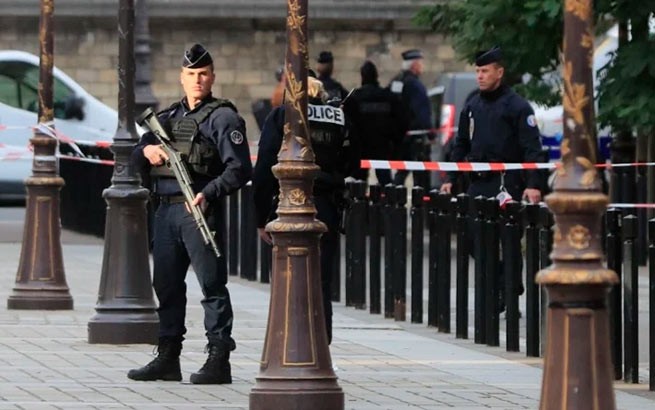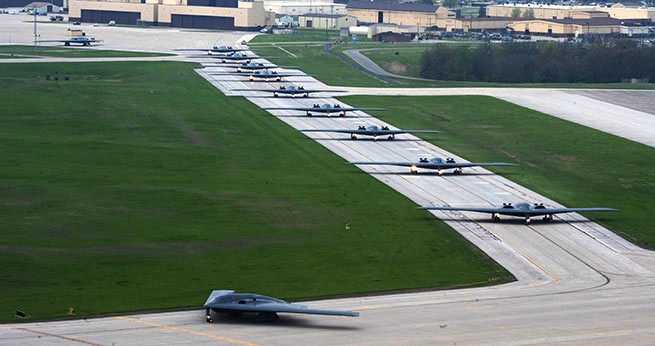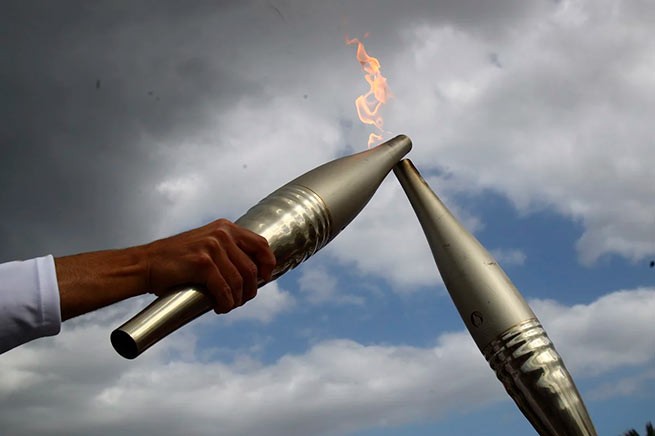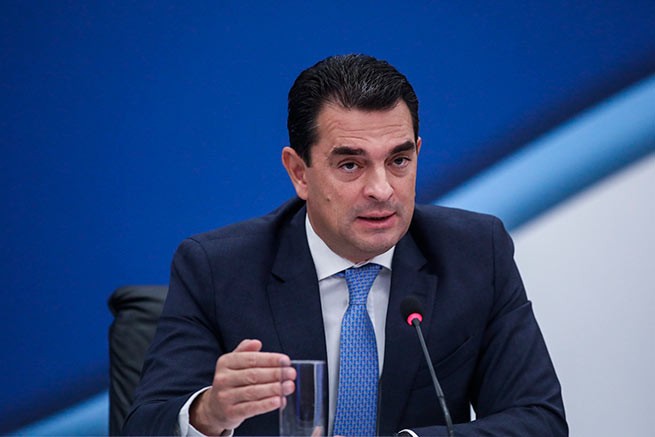The ghosts of 1974 are still among us. What would happen if the views of the “shadow dictator” Dimitrios Ioannidis prevailed, and if on the morning of July 20, 1974, when Turkish troops invaded Cyprus, Athens declared war on Ankara?
The 38-minute excerpt from that day, preserved on film, was recently rediscovered and contains all the elements of the tragedy. These few minutes are amazing evidence that can shake even those readers who are not familiar with the era and its heroes to the core. They convey the emotional charge and drama of those fateful hours, as well as the true face of strength in the face of historic responsibility.
Many politicians and senior military officials participated in this Council of War, including Greek President Phaedo Gizikis, Prime Minister Adamantios Androutsopoulos, Minister of the Prime Minister’s Office Konstantinos Rallis, Dimitrios Ioannidis, and Commander-in-Chief of the Armed Forces Grigorios Bonanos. Ioannidis towered over the rest and was behind the coup against Archbishop Makarios, who had instigated the Turkish invasion plans. As a result, the “behind-the-scenes dictator” who ousted Georgios Papadopoulos less than a year ago, appointed Androutsopoulos and planned to rehabilitate the military junta by intervening in Cyprus and unifying it with Greece, is now at odds with Androutsopoulos, and even General Bonanos.
At the beginning, the “protagonists” are clearly confused. They are trying to understand if this was really an intrusion and a casus belli. “From the Greek side, as you all understand, it is now a matter of resolving the war,” says General Bonanos. “Why don’t they directly declare their intentions if they want to divide the island,” Andrutsopoulos later says, referring to the Americans.
Bonanos is gradually shifting the debate from war and conscription to diplomatic initiatives. “The first step should be to recall our ambassador in Ankara. […] At the same time, the expected draft for military service will be carried out in the required volume.” Ioannidis intervenes: “We are wrong on one point […]. I say sorry we are already at war. The war has already begun. The answer should be this: Turkey initiated the war, and Greece will defend itself and take appropriate measures to protect the homeland. This is the answer. At the very least, war. He also demands that a union be declared between Greece and Cyprus, which would be the same as the declaration of war he seeks. After all, why would Greece go to war if it no longer considered Cyprus its main national territory?
“What they are accusing everyone here in the events of 1964 is not declaring an alliance,” says Ioannidis, referring to the conflicts that took place in 1964 in Cyprus. “We have to end this. There will be no bigger events than what has already happened. Because if we don’t declare an alliance, others will invade […]. We should call Sampson and tell them to call a cabinet meeting and announce unification with Greece. We will accept it, and the war will begin. Let’s see what comes out of there.” He disagrees that Greece’s potential offensive actions could compromise it in the eyes of the United States, and that Greece can be blamed for the crisis. He predicted that “they will be in the land in Kyrenia.” And after they land they will invade […]. Turks do what they want.”
We will never know what would have happened if Ioannidis had gotten his way. Fears were expressed at the Council of War that a Greek landing on Cyprus would provoke a Turkish attack on Thrace, a Bulgarian attack on Greece, or even a Russian intervention in Cyprus.
Androutsopoulos and Bonanos defused “Ioannidis’s bomb” after foiling his plans by failing to follow the dictator’s direct order to “start a war with Turkey”. How did they do it? How were they sure that they would not face the revenge of the colonel, who until then had been all-powerful and indisputable? Would Greece have won the war and succeeded in securing an alliance, or would it have lost a national territory that would have radically changed the map of modern Greece? The discussion is revealing and leads to some unexpected conclusions. At the end of this 38-minute piece of drama, Ioannidis is heard saying, “The pace of events seems to have caught up with us. All cities in Cyprus are currently under bombardment.”
On the magnetic tape that day, “the rumble of things to come” was captured. The ghosts of the past, 48 years later, continue to shape the present and the future.







More Stories
The Olympic flame will arrive in Athens on Saturday. Which roads will be blocked?
A participant in the Olympic Truce Road race has died
Metropolitan Seraphim spoke out against celebrating Easter together with Catholics